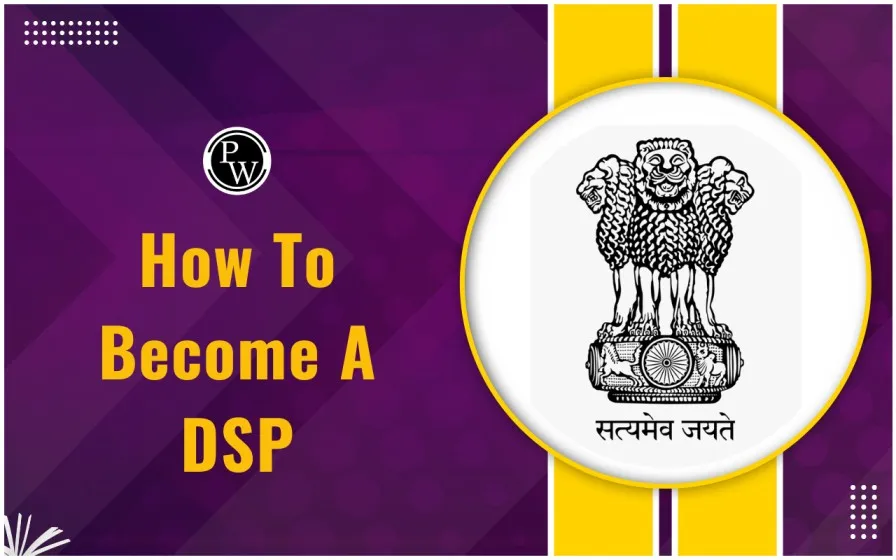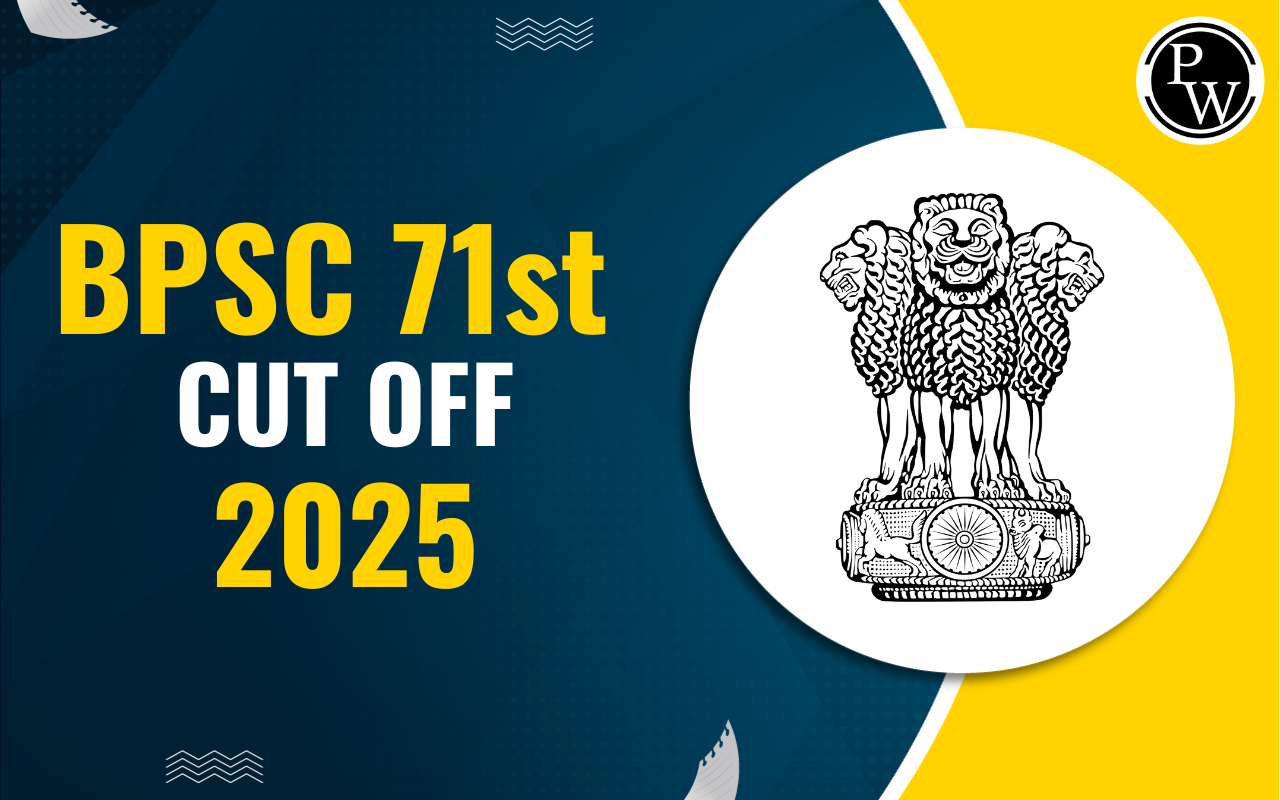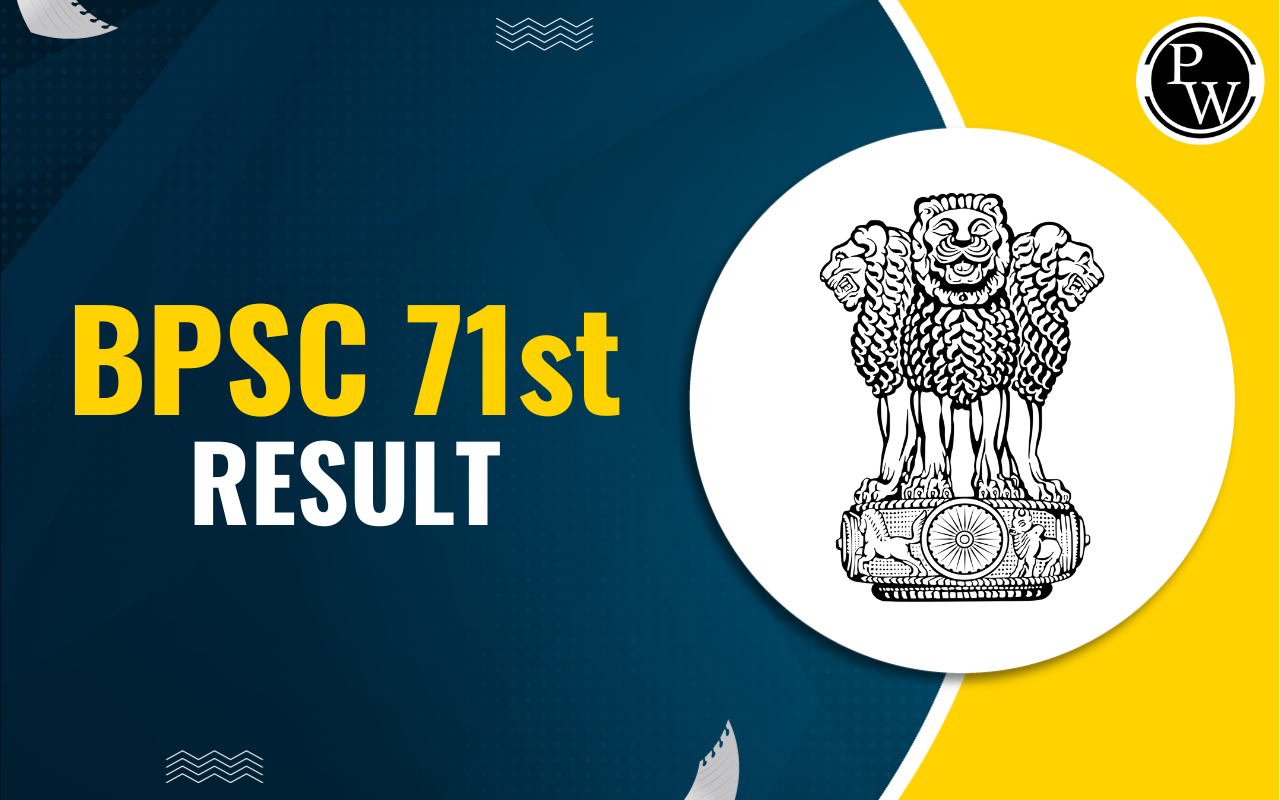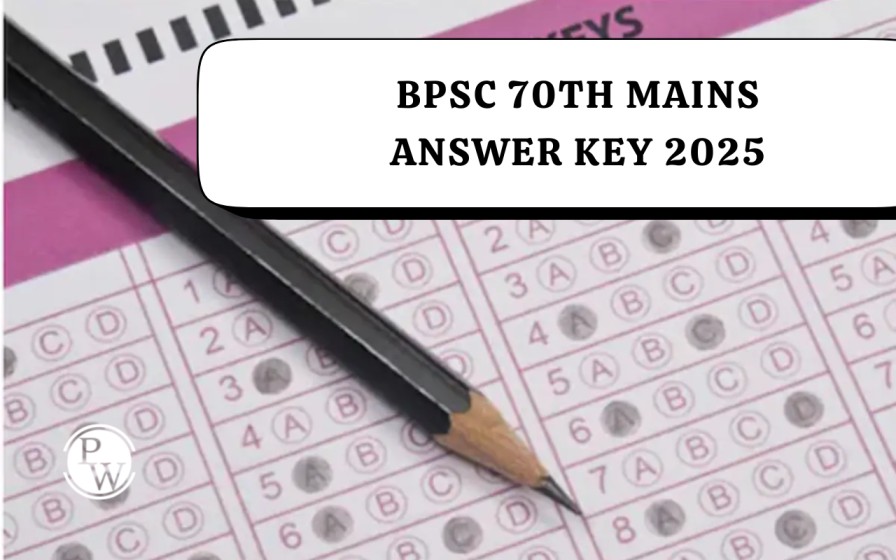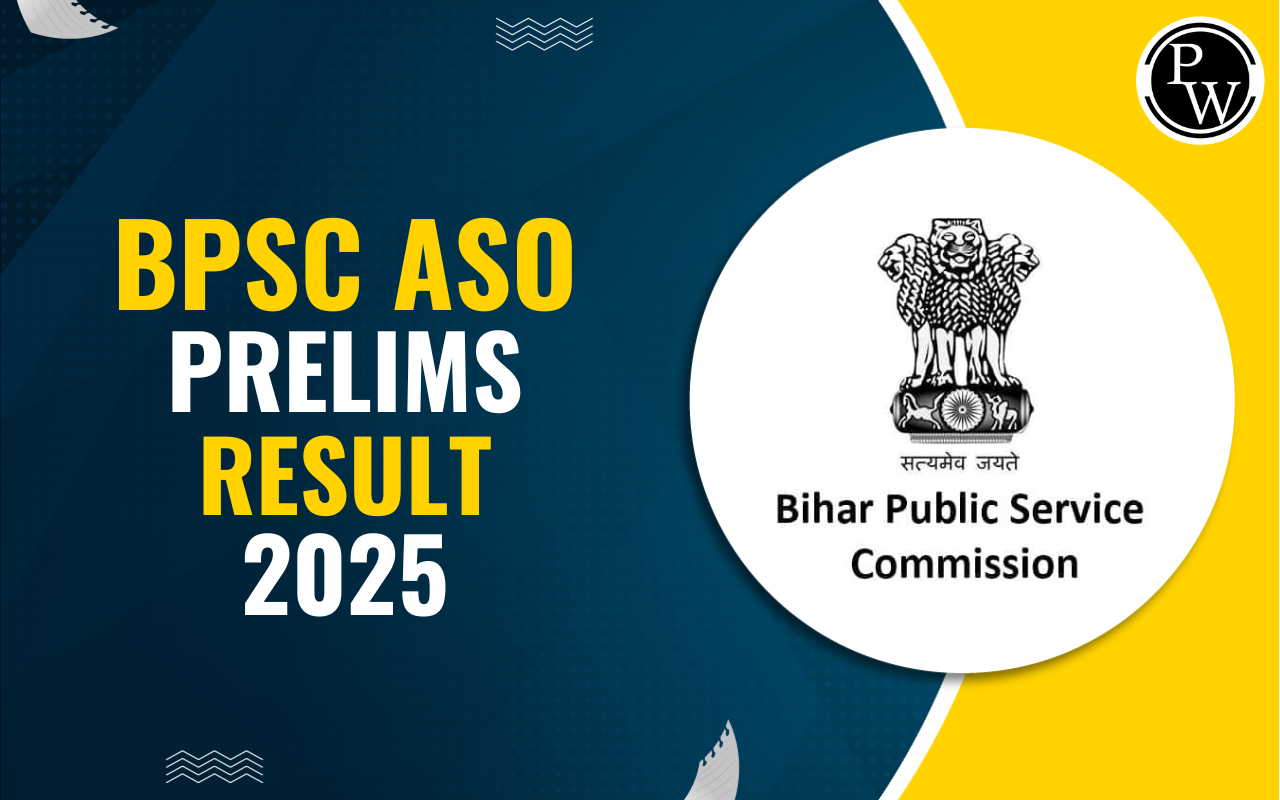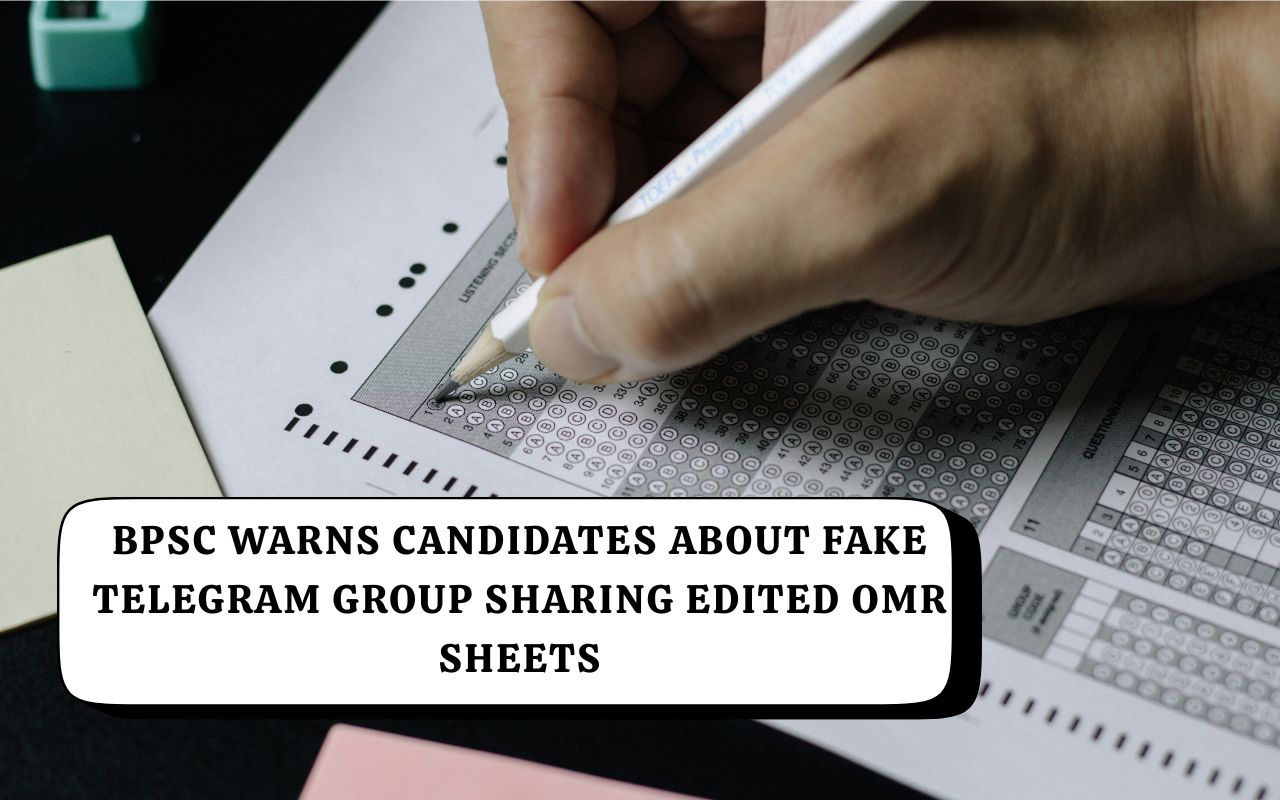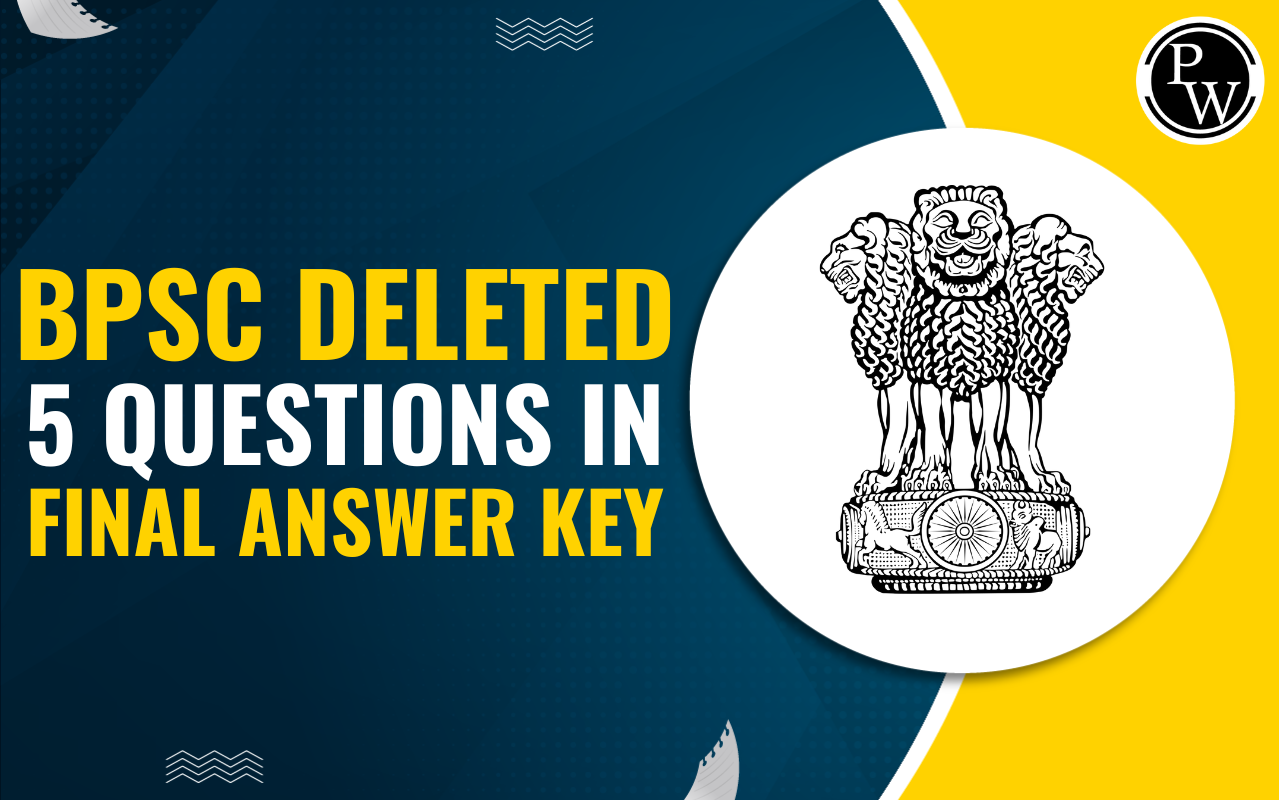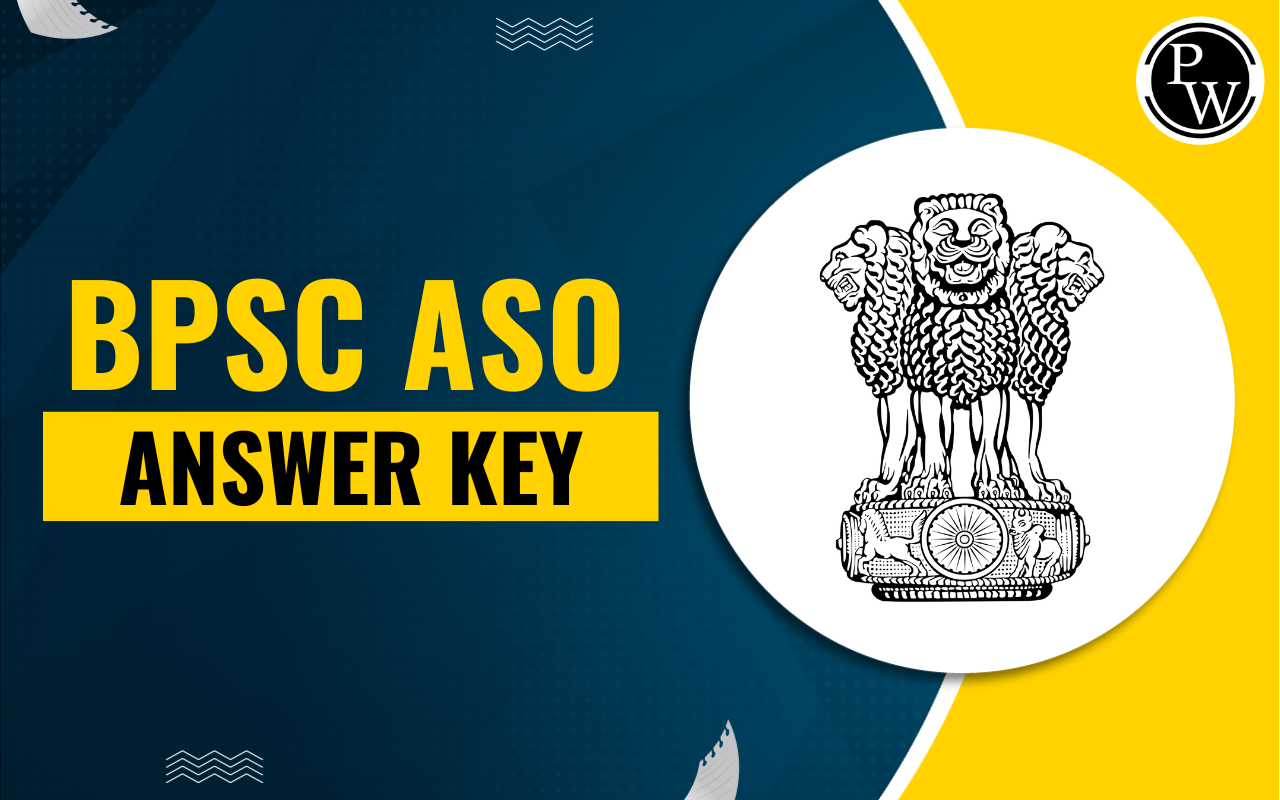
How to Cover History for BPSC Prelims 2025: History Important Topics for BPSC Prelims: In BPSC Prelims 2025 the History questions are expected to have a significant weightage. To score well in the GS 1 paper candidates should be familiar with the History Important Topics For BPSC Prelims that will help them in dedicated revision in the final days.
Here is a comprehensive guide outlining the list of history important topics for the BPSC Prelims 2025 exam based on previous year trends analysis. This analysis by experts is designed to assist candidates in focusing their preparation on high-yield areas as the exam approaches.
How to Cover History for BPSC Prelims 2025
For the BPSC Prelims 2025, concentrate on important subjects from Ancient, Mediaeval, and Modern history to adequately cover history. Set important dates, events, and people in order of importance. To improve your comprehension and memory, practise papers from prior years and make frequent revisions. For effective preparation, use brief, well-organised notes.
History Important Topics for BPSC Prelims 2025
For the BPSC Prelims 2025, the History syllabus encompasses a wide range of topics, each crucial for a comprehensive understanding of India's and the world’s historical development. The syllabus can be categorized into distinct eras and thematic areas, ranging from ancient civilizations to modern political movements. Below, candidates can check the BPSC Prelims history important topics and their subtopics, which are essential for the preparation:
Ancient History Important Topics for BPSC Prelims
-
Indus Valley Civilization: Origin, characteristics, decline, and significance.
-
Vedic Period: Expansion of Aryans, religious and philosophical literature, and socio-economic changes.
-
Mahajanapadas: Formation of states, the rise of urban centres, economic growth, the spread of Jainism and Buddhism.
-
Mauryan Empire: Foundation, major rulers like Chandragupta and Ashoka, administration, disintegration.
-
Jainism and Buddhism: Philosophical foundations, major sects, impact on society.
-
Mahajanapadas: Political formations, economic conditions, social structures.
-
Post-Mauryan India: Influence of foreign elements, trade, and cultural exchanges.
-
Gupta Period: Golden age of culture, science, and political stability.
-
Sangam Period: Tamil literature, social and economic conditions.
-
Topics in News: Gyan Bharatam Mission, Women in the Chola Empire, Konark Sun Temple, Indus Valley Script, Lothal.
Join BPSC Online Coaching by PW
Medieval India History Topics for BPSC Prelims
-
Early Medieval India: Major political developments, the rise of Rajputs, Cholas’ administration and social structure.
-
Cultural Traditions in India (750-1200): Philosophical schools, growth of literature, temple architecture.
-
Delhi Sultanate: Foundation, consolidation, cultural and economic impact.
-
Mughal Empire: Establishment, consolidation under various emperors, administrative policies, and cultural developments.
-
Bhakti and Sufi Movements: Role in societal transformation, prominent figures.
-
Dynastic States: Chalukyas, Pallavas, Pratiharas, Palas, and Cholas.
-
Regional Powers: Marathas, Sikhs, and the role of Shivaji.
-
Vijayanagara Empire: Cultural and administrative achievements.
Modern History Important Topics for BPSC Prelims
-
European Colonization: Early settlements, impact, and conflicts among European powers.
-
British Expansion in India: Key battles, administrative changes, and socio-economic impacts.
-
Freedom Movement: Growth of nationalism, major movements, and leaders from the early Congress to Gandhi’s era.
-
Partition and Independence: Events leading to 1947, key figures, and policies.
-
Resistance and Wars: Carnatic Wars, Anglo-Maratha Wars, battles leading to British dominance.
-
Land Revenue Systems: Ryotwari, Mahalwari, and Permanent Settlement.
-
Revolt of 1857: Causes, outcomes, and changes in British policies.
-
Constitutional Developments: From the Charter Acts to the Government of India Acts.
-
Freedom Movement: Phases of the Congress, Swadeshi Movement, Non-Cooperation, and Quit India Movement.
-
Topics in News: Lala Lajpat Rai, VAIKOM Satyagrah, Women in Freedom Movement.
Also read: BPSC Selection Process
Important Tips For BPSC History Preparation
Since history is a major part of the BPSC syllabus, there are a lot of questions regarding it in the BPSC Prelims and Main Exam each year. Since the BPSC History course covers ancient Indian history, mediaeval Indian history, modern Indian history, and world history, it is imperative that applicants have the knowledge needed to study history more quickly and effectively.
-
Practice Previous Year and Mock Test for History: Try as many Previous Year BPSC Questions and BPSC Mock Exams as you can to gain conceptual clarity on history topics and shortlist crucial topics by examining question trends from the previous year.
-
Importance of Memorizing the History Syllabus: The history course syllabus must be carefully retained in order. By doing so aspirants will be able to distinguish between the topics as a result, this will be useful when studying for the BPSC exam.
-
Importance of Studying Topics by Interlinking: Some history subjects, like the Bihar Independence Movement and Indian cultural heritage, can be studied in tandem.
-
Multiple Revisions: Before the exam, multiple revisions should be made because revision is the key to getting high marks in any competitive exam. History requires a lot of revision because it involves factual information along with conceptual elements.
Also read: BPSC Eligibility Criteria
How to Cover History for BPSC Prelims 2025 FAQs
Why is History important for BPSC Prelims?
Should I focus more on Ancient, Medieval, or Modern History?
How important is history of Bihar for the BPSC Prelims?
How do I cover the history of India's freedom struggle?
How can I stay updated with current historical developments for BPSC?

